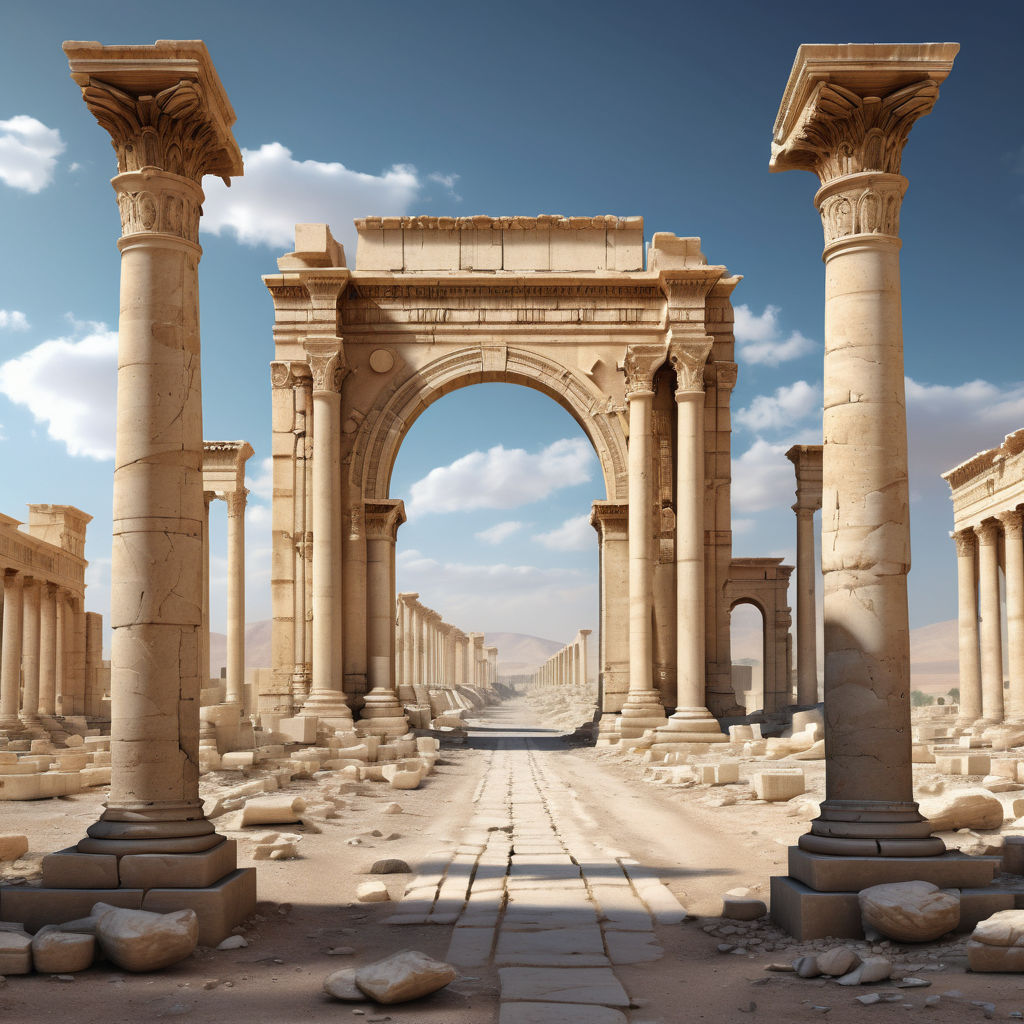Discover Syria: A Tapestry of Ancient and Modern Cultures
Explore Syria's Rich Cultural Heritage and Cross-cultural Dynamics

Introduction to Syria
Syria, officially known as the Syrian Arab Republic, is located in the heart of the Middle East. Bordered by Turkey to the north, Iraq to the east, Jordan to the south, Israel to the southwest, and Lebanon and the Mediterranean Sea to the west, Syria is a country with a rich and diverse cultural heritage. Major cities include Damascus, the capital and one of the oldest continuously inhabited cities in the world, Aleppo, Homs, and Latakia. Syria’s cultural heritage is a tapestry woven from its ancient history, vibrant traditions, and diverse ethnic and religious communities.
Cross-national and Cross-cultural Understanding
Syrians have historically shown a welcoming attitude towards other cultures, a sentiment deeply rooted in their long history of trade, travel, and interaction with various civilizations. The Silk Road, which passed through Syria, facilitated significant cultural exchanges, leaving a legacy of openness and hospitality. Educational programs and international partnerships are crucial in promoting cross-cultural understanding in Syria. Universities and institutions often collaborate with foreign entities to foster educational and cultural exchanges. For instance, institutions like the University of Damascus have partnerships with universities worldwide, facilitating student and faculty exchanges and joint research projects. Additionally, cultural centers such as the French Institute and the Goethe-Institut in Damascus play an essential role in promoting cultural exchange through language courses, cultural events, and educational programs.
Interactions and Social Dynamics
Interactions between Syrians and foreigners are typically characterized by warmth and hospitality. Syrians are known for their generosity and willingness to engage with visitors. Social behaviors in Syria are deeply influenced by traditional values, with a strong emphasis on family, respect for elders, and communal solidarity. Communication styles in Syria can vary. While Arabic is the official language, English and French are widely spoken, particularly among the educated population and in major cities. This multilingualism facilitates interactions with foreigners, making communication smoother and more accessible. Syrians often exhibit high-context communication, where non-verbal cues, body language, and the context of the interaction play a significant role. Politeness and indirect communication are valued, and it is common to engage in small talk and exchange pleasantries before discussing more serious matters.
Views on Dating and Relationships
Dating and relationships with foreigners are perceived with a mix of curiosity and caution in Syria. While traditional values still hold significant sway, especially in rural areas, urban centers exhibit more liberal attitudes towards dating and relationships. The influence of global media and increased access to the internet have played a role in shaping contemporary views on relationships. Intercultural dating is becoming more common among the younger generation, particularly in larger cities like Damascus and Aleppo. However, societal expectations and family approval remain crucial. Respect for family and community opinions is paramount, and individuals often seek a balance between modernity and tradition.
Marriage and Family
Marrying a foreigner in Syria involves navigating both cultural and legal landscapes. Legally, there are no significant barriers to marrying a foreigner, but the process requires adherence to specific regulations, such as obtaining necessary documentation and meeting residency requirements. Socially, acceptance of cross-cultural marriages is growing, although some conservative families may still express reservations. Family approval is an important aspect of marriage in Syria. Traditionally, families play a significant role in the decision-making process, and gaining their blessing is often seen as essential for a successful union. Cross-cultural marriages necessitate a harmonious blending of different customs and traditions, which can be both enriching and challenging. Common practices in cross-cultural marriages include incorporating elements from both cultures into wedding ceremonies and family life. These marriages often highlight the beauty of cultural diversity, with couples celebrating a range of traditions and customs.